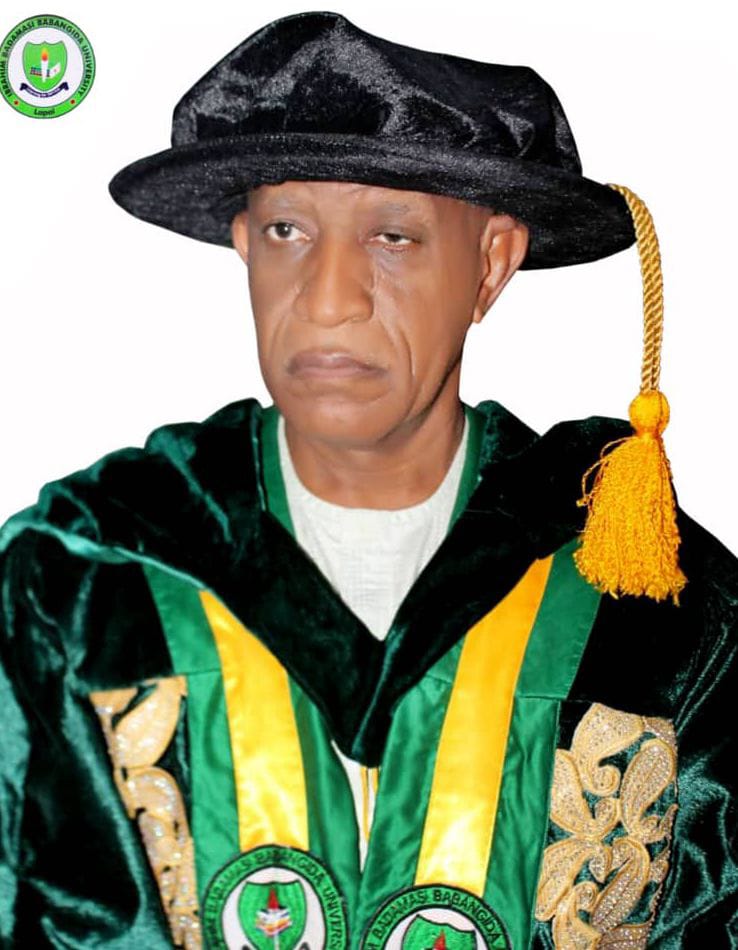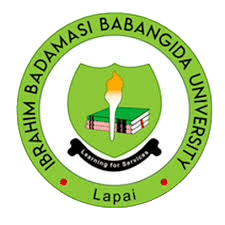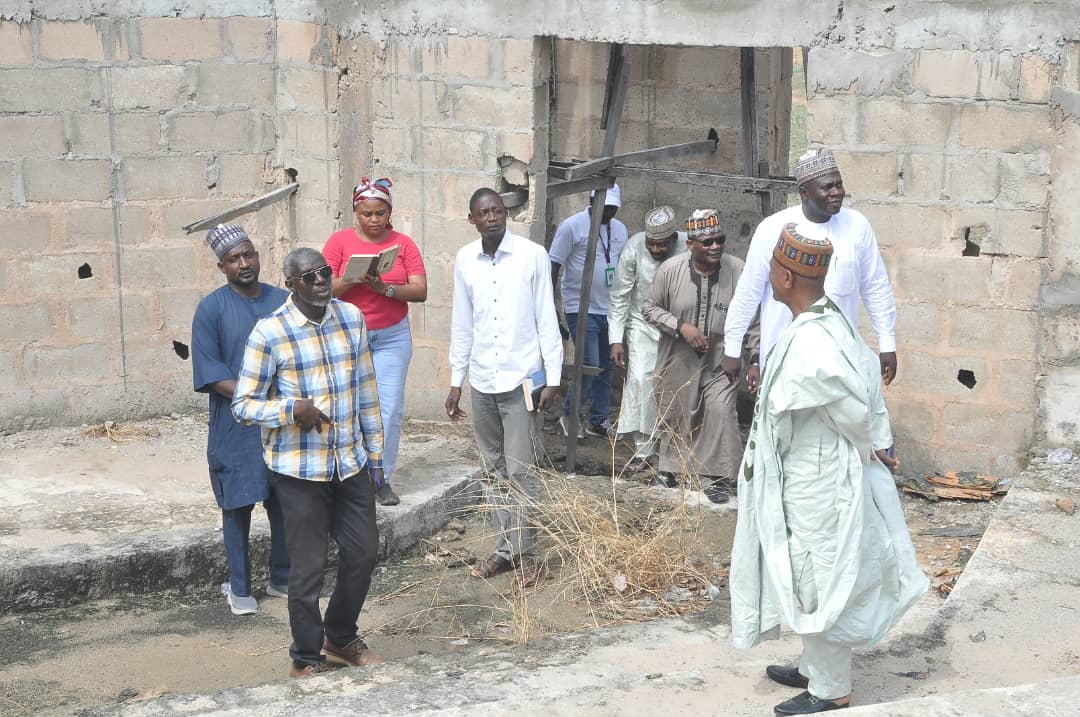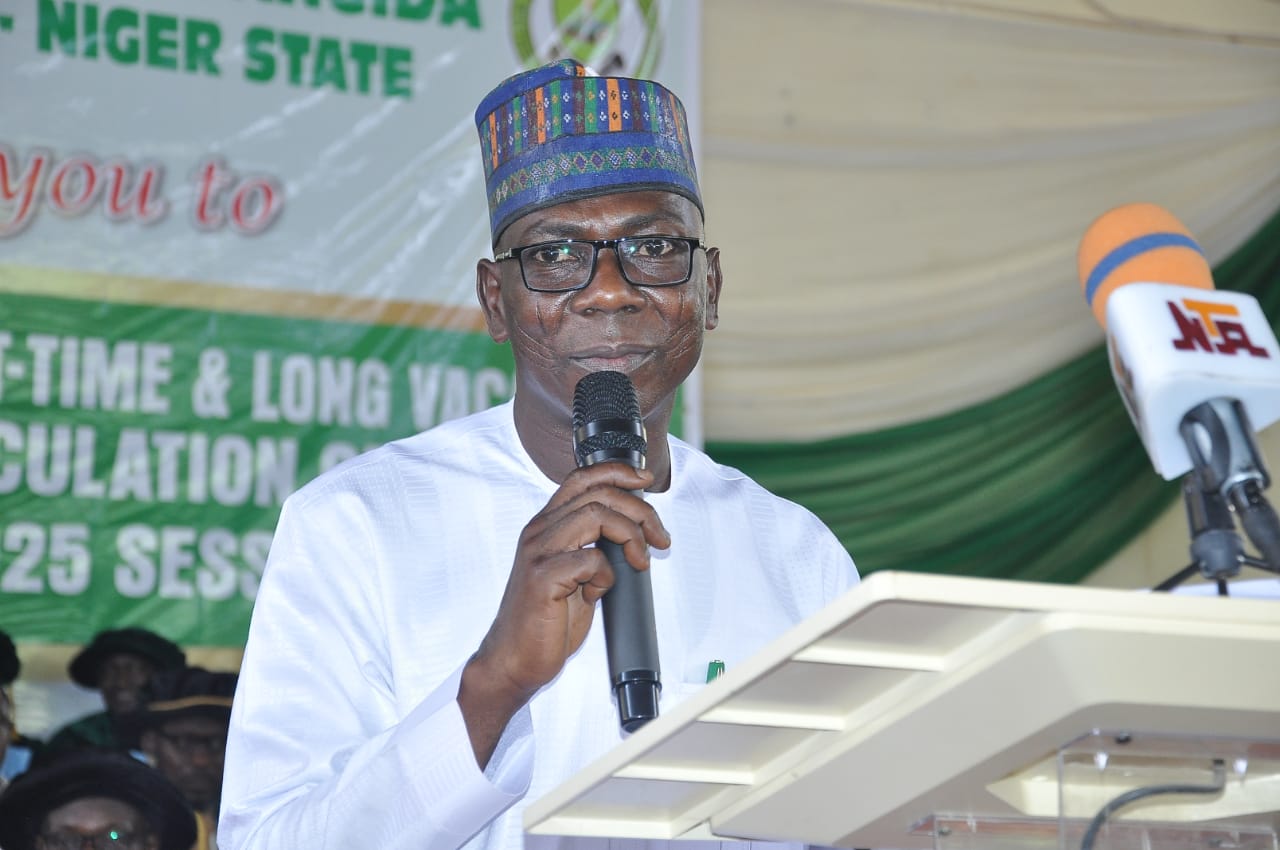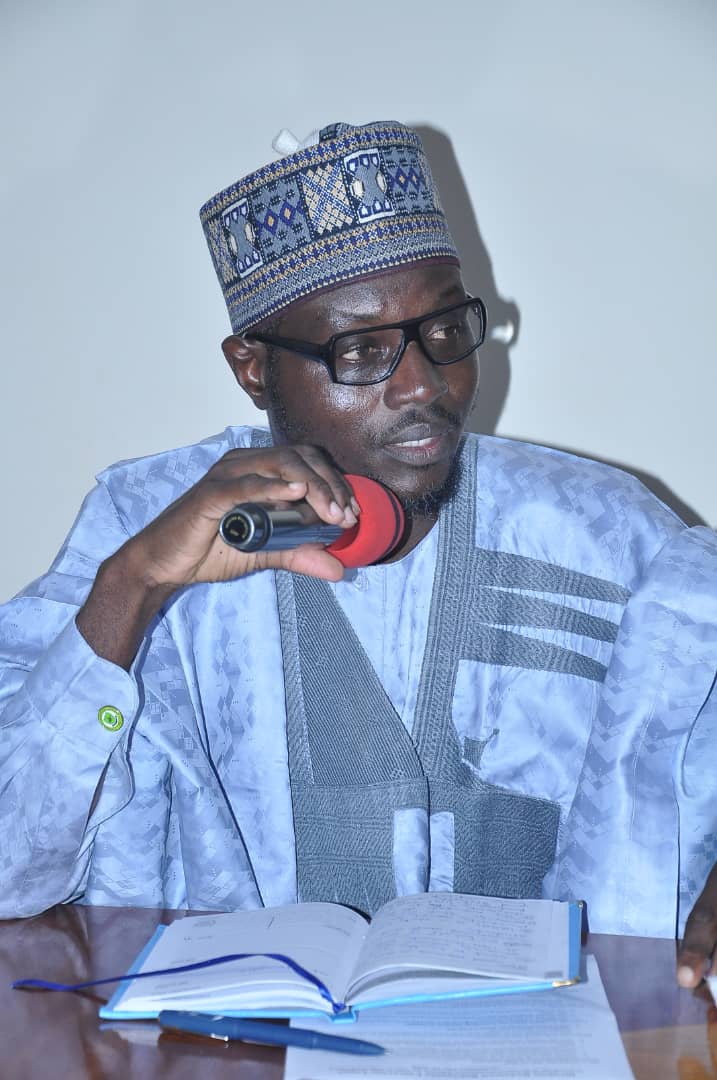A Team of Legal luminary from the Nigeria Council of Legal Education has visited the new Faculty of Law at Ibrahim Badamasi Babangida University, Lapai for facility verification.
The team which was led by the Director – General of the Council, Professor Isa Hayyatu Chiroma (SAN) was to verify the University’s facilities in both the old and newly constructed Law Faculty buildings.
During the inspection, Professor Chiroma described the new Faculty building as “massive and one of the largest in the country” he had seen, even though it was still under construction.
He noted that, although the building had over 100 offices, lecture halls, a law clinic, a moot court, and an auditorium, which when well furnished will provide excellent learning environment for the take-off of law programme at the University.
He stressed that proper furnishing of staff offices, classrooms, moot courts, and the law library were necessary for the final approval of the Faculty’s law programme by the Nigeria Council of Legal Education.
For the library holdings, the Director – General commended the effort by the University but noted that more hardcopies and e-copies of books were required, especially in core subject areas. He also recommended that the University subscribes to additional legal research databases beyond the existing LexisNexis, emphasizing the urgent need to provide a utility vehicle and a bus for outreach programmes under the Law clinic.
“We are not here to witch-hunt the University, but to help improve facilities and ensure compliance with national legal education standards,” he emphasized.
In his response, the Vice-Chancellor, Professor Mohammed Hadi Sulaiman, expressed gratitude to the visiting team and assured that the University was fully committed to addressing all issues raised.
He disclosed that furnishing contracts for the new Faculty of Law building had already been awarded, but the furnishing could only commence once the main contractor complete work on the physical structure,
confirming that the University had made arrangements to resolve all outstanding issues in no distant future.
Professor Sulaiman also disclosed that the University had secured TETFund intervention for the procurement of more law books and that subscriptions to electronic legal resources, including the Weekly Law Reports, would be made available within a few days.
Regarding transportation, the Vice Chancellor assured that efforts are being made to secure buses for both Law and Medical students.
“We are in contact with His Excellency, the Visitor to the University, and the Niger State Transport Authority for the provision of buses. We are optimistic that they will arrive by July,” the Vice-Chancellor stated.
Professor Sulaiman further explained that four additional offices had been allocated to the Faculty of Law in a provisional block and at professorial complex, pending the Faculty’s full relocation to the new Faculty of Law building by December this year.
On the moot court, the Vice Chancellor disclosed that recent rainstorms had damaged some ceiling work, but repairs were being effected. “We are replacing the suspended ceiling with POP or concrete for durability. All furniture for the moot court has been paid for and will be installed immediately after repairs are completed,” he said.
Professor Sulaiman thanked the team from the Nigeria Council of Legal Education for its objective assessment and pledged continued collaboration to meet all accreditation requirements.
Commenting, the Dean, Faculty of Law, Professor Abdulmunini Baba Ahmed acknowledged the Council’s commendation of the University’s efforts so far and assured that more efforts would be made to ensure that world class facilities are provided for the Faculty of Law to facilitate the take-off of the programme.
In a vote of thanks, the Registrar, Alhaji Idris Saleh Kusherki, represented by the Deputy Registrar Establishment, Mr. Sunday Gana, expressed sincere appreciation to the Director-General of the Nigeria Council of Legal Education and his delegation for the facility verification visit.
He assured the team that the University is fully committed to ensuring the successful commencement of the Law programme and will make every necessary effort to meet all required standards and provisions for a smooth take-off.

